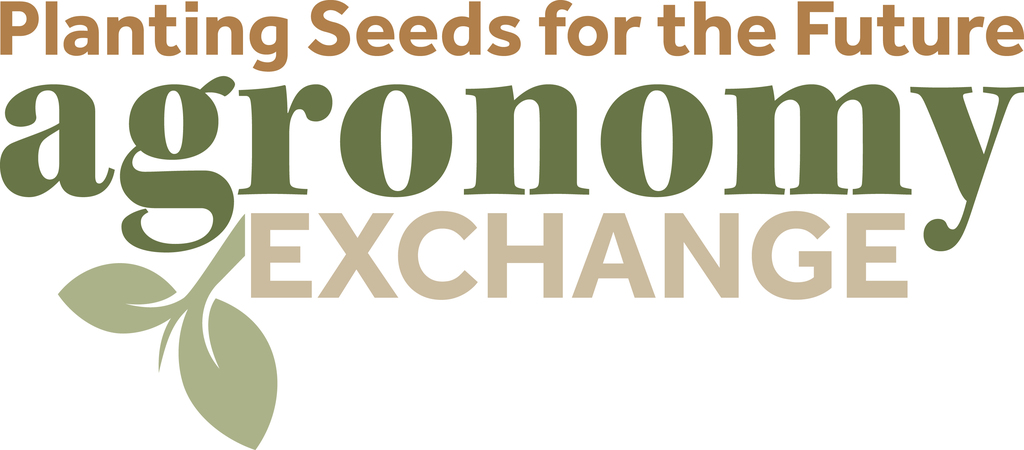Date: Wednesday 11 February 2026
Venue: Hilton Bankside, central London
Agenda (subject to change)
Kickstart the day with networking opportunities over coffee and pastries.
The chair introducing the conference theme and outlining the objectives of Agronomy Exchange: collaboration, innovation, and practical agronomy insights for the UK.
A forward-looking address exploring the direction of UK agronomy — from evolving agricultural policy and sustainability goals to the transformative role of AI and emerging technologies
Soil is the cornerstone of profitable and sustainable farming. This session explores the latest science, practical management strategies, and on-farm experiences to improve soil resilience and productivity under UK conditions.
How can UK growers rethink crop protection in an era of tighter regulation, climate uncertainty, and increasing public scrutiny?
Drawing on a decade of Yield Enhancement Network (YEN) data, this session examines whether today’s cropping systems are acting as carbon sinks or sources, and what this means for productivity and sustainability. Using real-world performance data, the speakers will explore the agronomic, environmental and management factors that influence yield outcomes, resource use efficiency and long-term resilience — highlighting practical lessons agronomists can apply in the field.
1. Data Driven Agronomy & Future Skills
This session explores how data, robotics and digital tools are transforming modern agronomy. It will consider how agronomists can use emerging technologies to improve decision-making, support farm businesses, and develop the skills needed to remain relevant in an increasingly data-driven agricultural sector.
2. Future-Proofed Cropping: Rotation & Nutrient Strategies
Examining how crop rotations, soil stewardship, and sustainable nutrient management will shape resilient UK farms in the future. Learn how strategic planning can balance yield, profitability, and long-term ecosystem health.
3. Integrated Weed Control: Smarter Strategies for Arable Crops
This session will cover the practical combination of cultural, mechanical, and chemical control methods, the use of precision technologies and decision-support tools, and strategies to reduce herbicide reliance while maintaining crop performance.
Two progressive UK farmers share their agronomy journeys — from regenerative systems and organic practices to carbon-focused arable strategies. Each case study highlights what worked, what didn’t, and the lessons for the wider industry.
How can agronomists and farmers measure, manage, and report on carbon? This session explores soil carbon science alongside real-world experience of integrating sustainability into commercial arable systems.
This session explores how finance can enable the adoption of precision technologies on farm. It will examine common investment barriers, practical funding approaches, and the role agronomists can play in supporting clients as they adopt new tools and technologies.
To end we will award those that have highlighted innovation, collaboration, and future-thinking in the arable sector and agronomy.
Join us to raise a glass to the winners of the awards and network over drinks and nibbles.
Principal Sponsor


